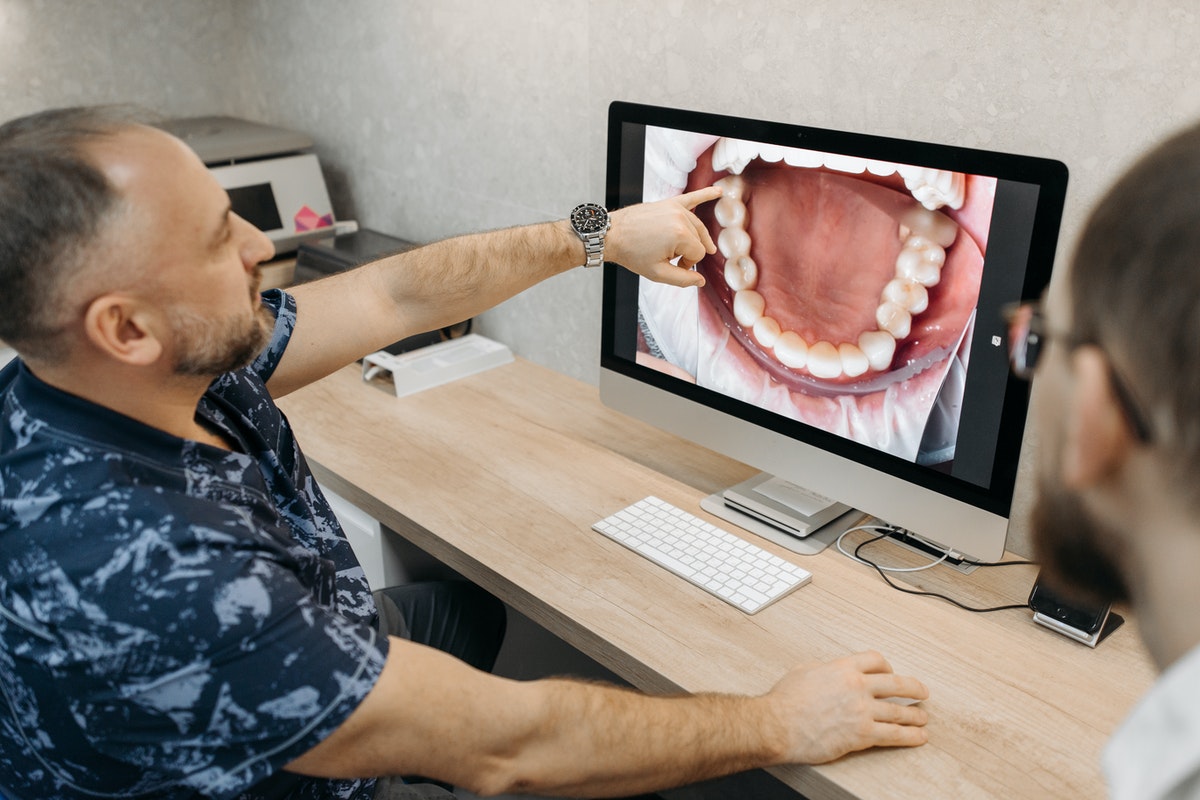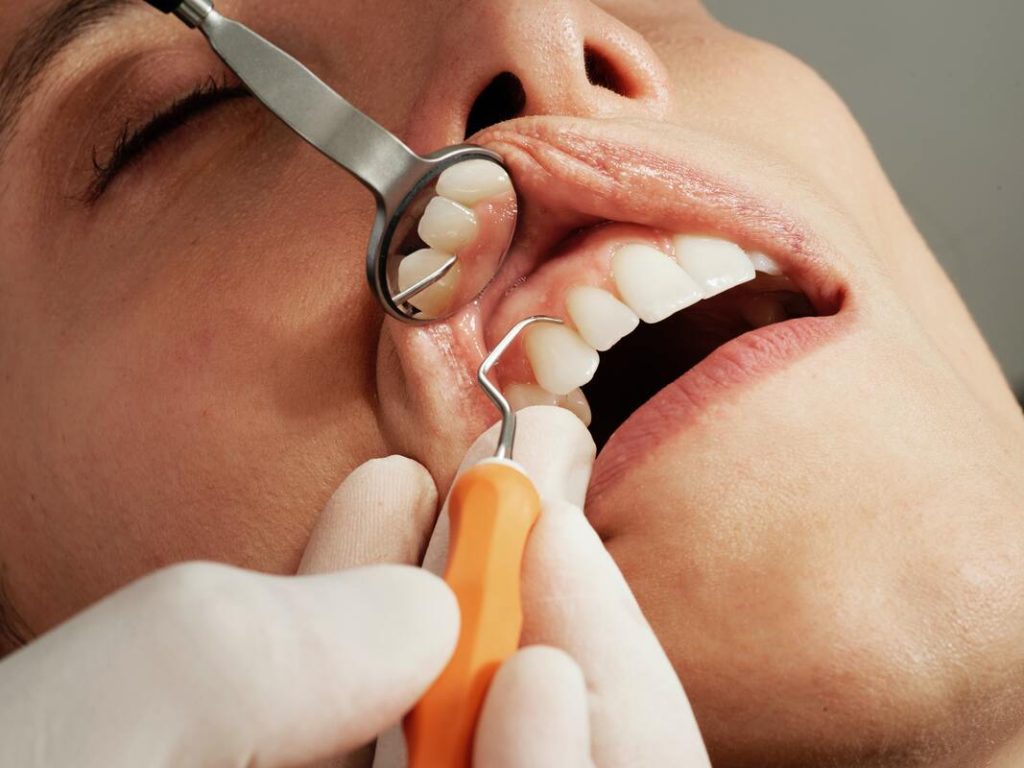When you’re an adult looking for a way to restore a missing tooth or teeth, it can come as a great surprise to learn that there is an option available that can restore the strength of your bite along with the ability to chew food correctly that does not use dental adhesives. These are known as oral implants and this is becoming more popular around the world as a way to restore missing teeth and to help people regain their bite function.
But you may be wondering exactly what is involved in the process of having an oral implant fitted, from what the surgery itself actually involves to the fitting of a prosthetic tooth. In this very short guide, you’ll be introduced to a brief overview of what you can expect when you are having implants fitted.
The initial consultation
At the initial consultation for dental implants Melbourne, your dental team will take an X-ray of your jaw to assess that it is strong and stable enough to be able to support an oral implant. They will also check your mouth for signs of tooth decay or gum disease, as both of these are contraindicated when it comes to having oral implants fitted. If they spot either disorder, this will need to be treated. They will also enquire about your general health as well and you need to answer any questions that they may have relating to medication or health issues.
The fitting
When you go to have an oral implant fitted, your dental team will numb your mouth, so you will not feel any part of the surgery. Then, making a set of small incisions into your gum line, they will gently peel the gum back and either drill a hole into your jaw to fit the implant or use an already vacant socket from a recently extracted tooth. Once the implant is in place, they will then sew the gum up around the implant, which will hold it firmly in place. This whole process takes around 1 to 2 hours for a single implant and if you are having multiple implants fitted, it may be spread over several weeks.
The aftercare

The aftercare for implants is straightforward. You need to keep the site free from food debris until your dental team states that you can brush the area with the standard toothbrush and toothpaste. To do this, all you need to have to hand is lukewarm salt water, to gently rinse the area as often as required to keep it clean.
Within around 3 to 6 months, the implants should have fused and your dental team can then fit the prosthetic tooth or teeth.
Longevity of implants
Provided you look after them correctly, your oral implants will easily last 20 years or more. The aftercare of oral implants is relatively straightforward, and simply involves you attending check-ups with the dental team every 6 months, brushing your teeth twice a day, and flossing.
Potential complications
One of the complications that can occur directly after having oral implants fitted is an infection to the area, which will need to be treated to ensure that the implants fuse correctly. After this, there is the rare occasion when the implants may move or come loose if you apply too much pressure to them, hence why you should not be cleaning them with a toothbrush. And finally, once they have fused, the core issue would be gum disease, as this can cause the implants to fall out prematurely.
DISCLAIMER OFFSITE
Any surgical or invasive procedure carries risks. Before proceeding you should seek a second opinion from an appropriately qualified health practitioner.

